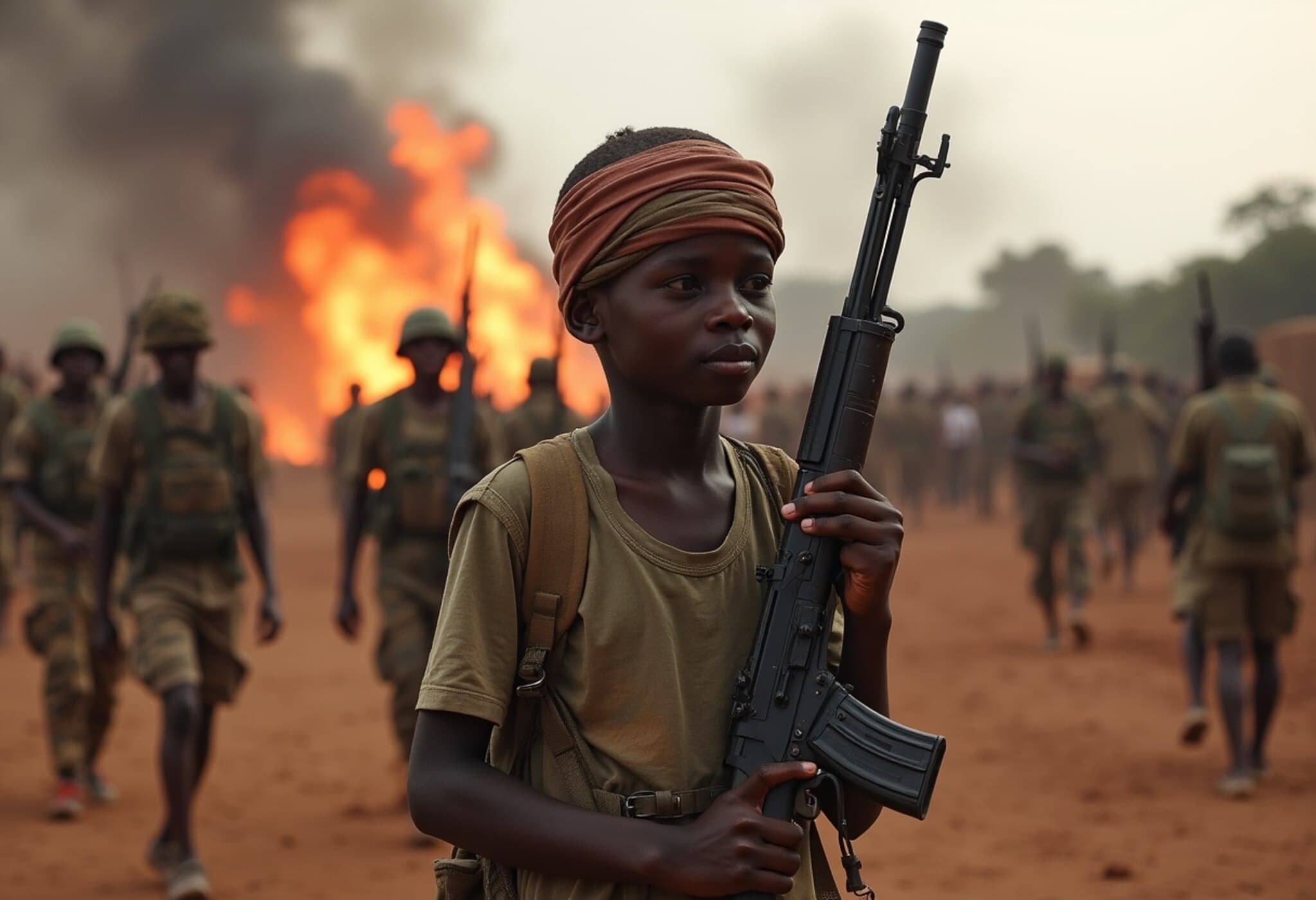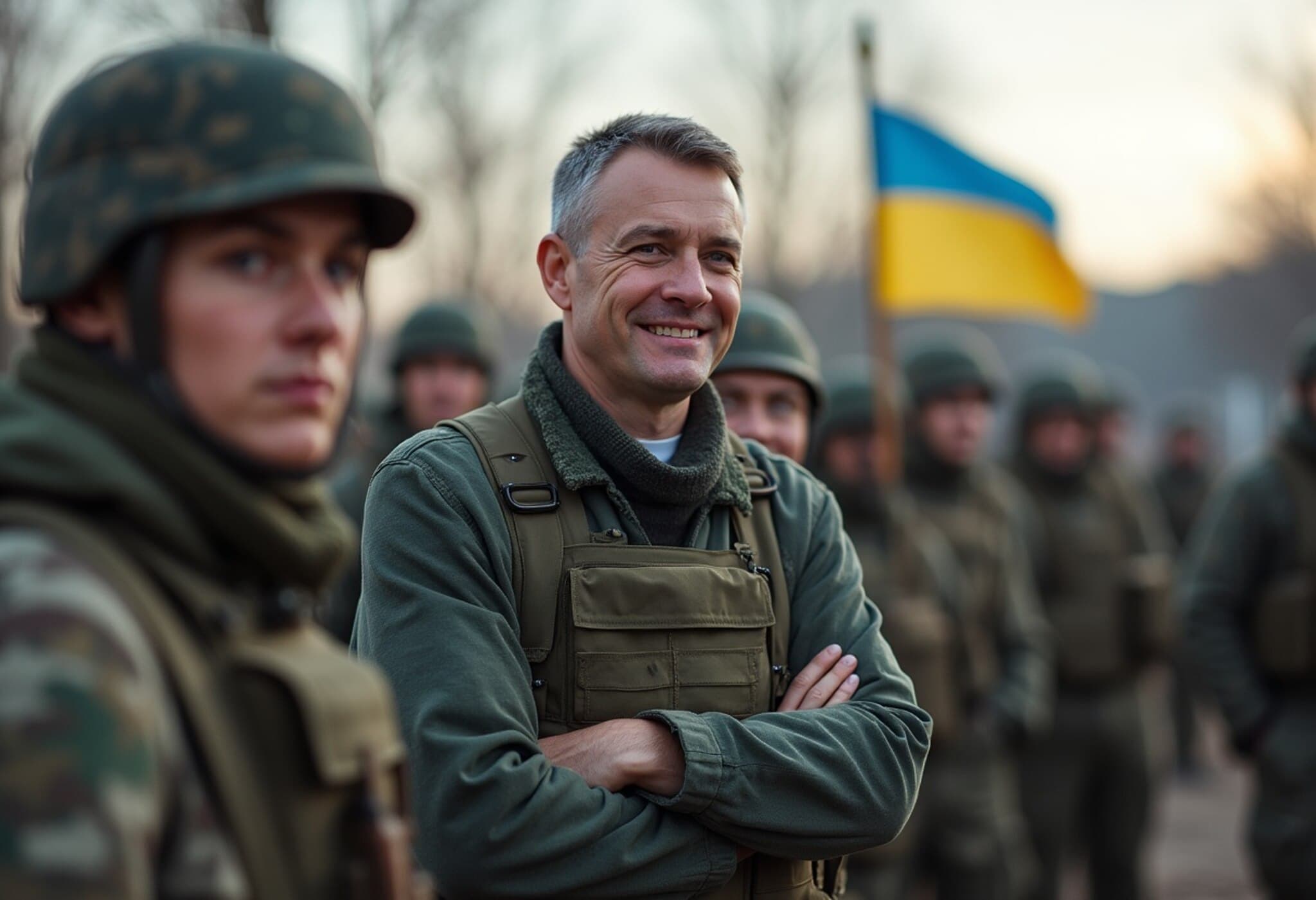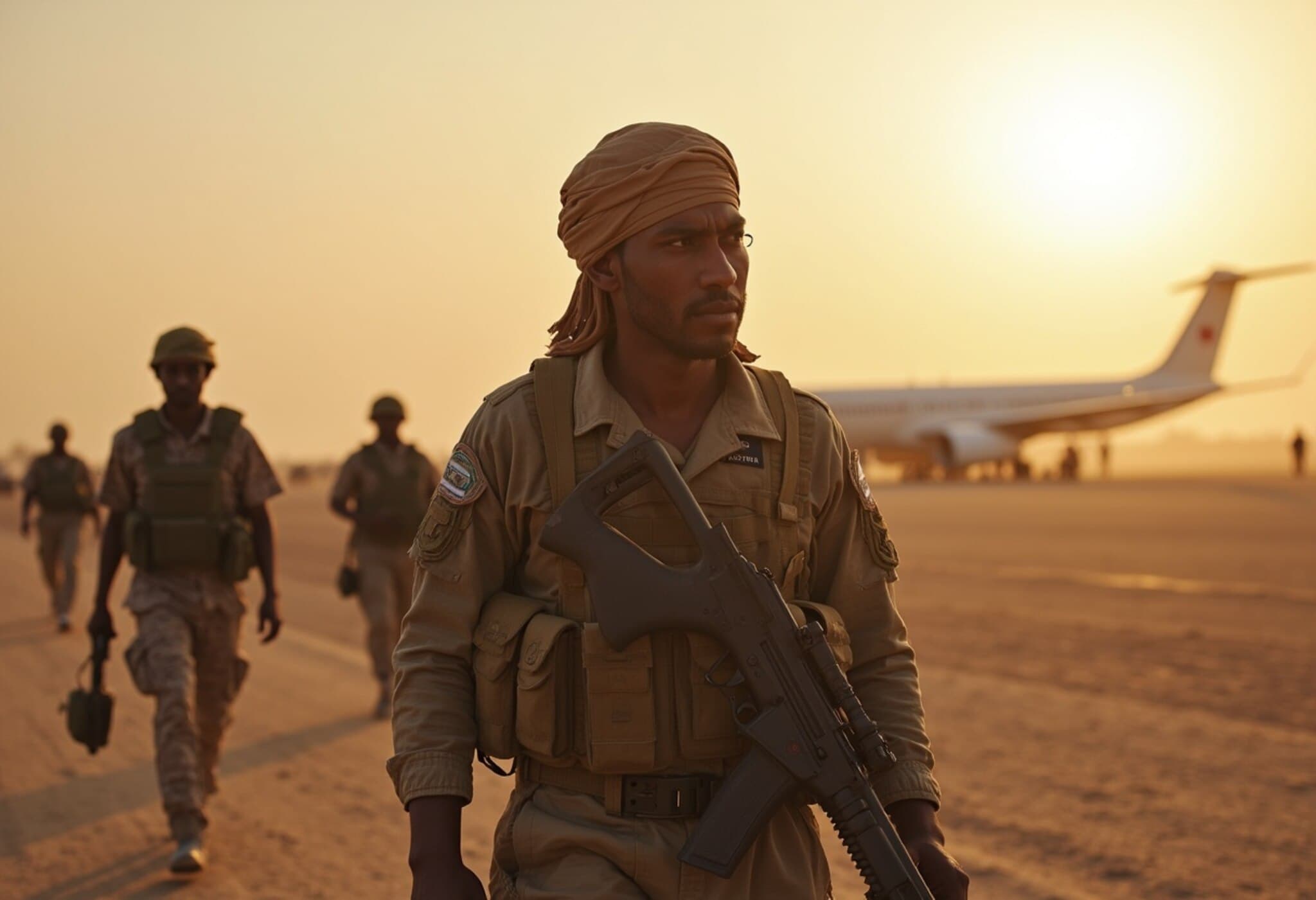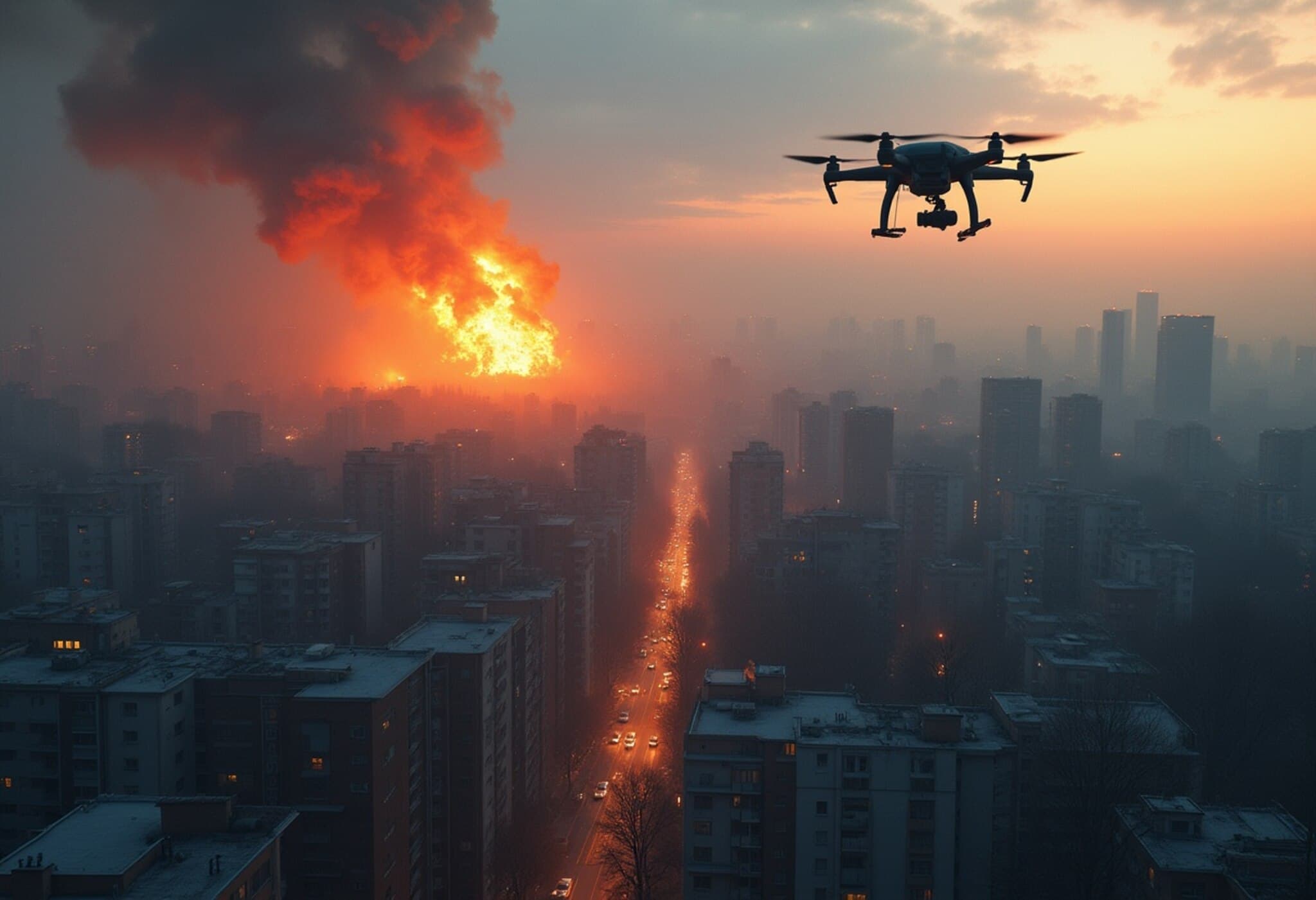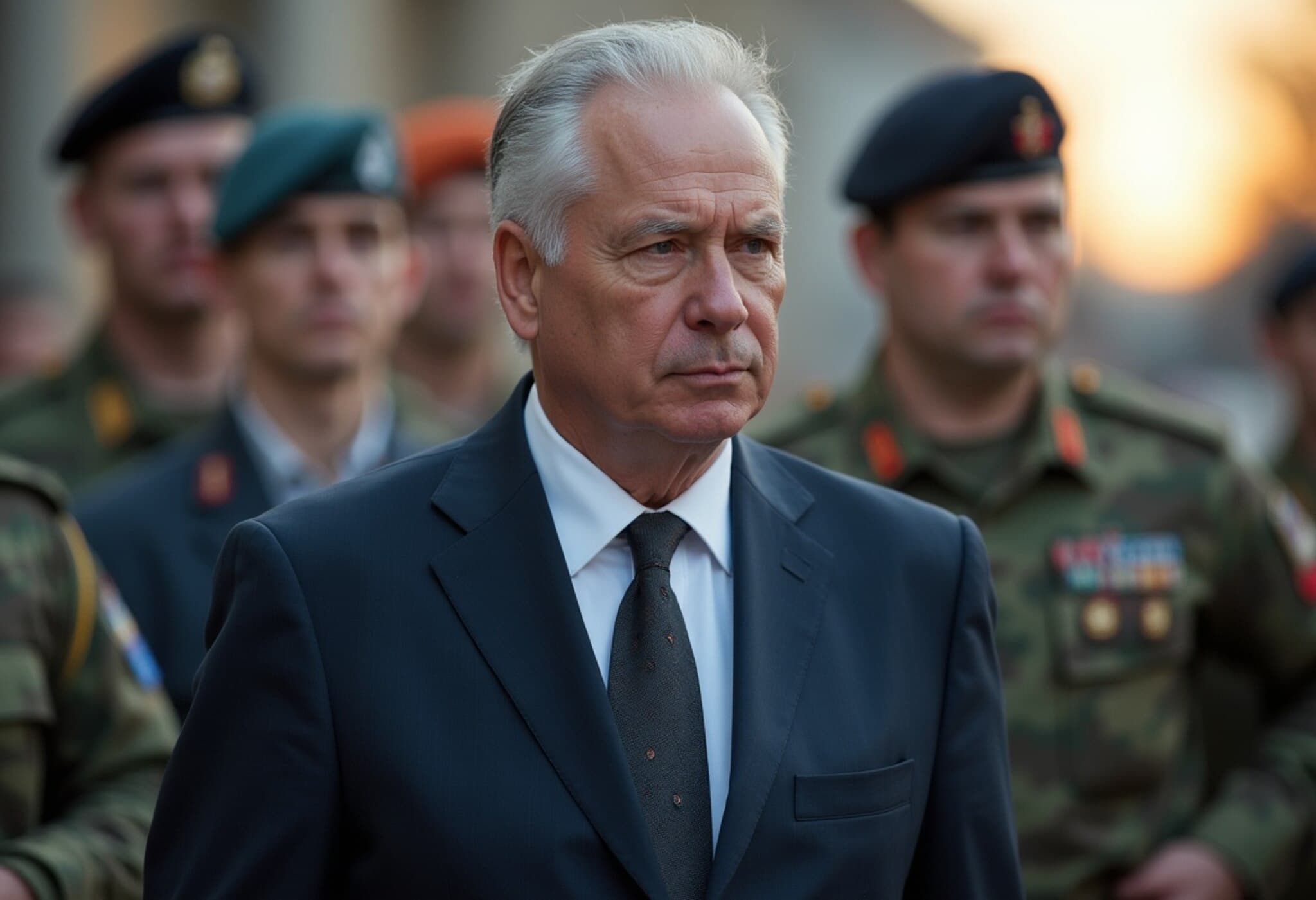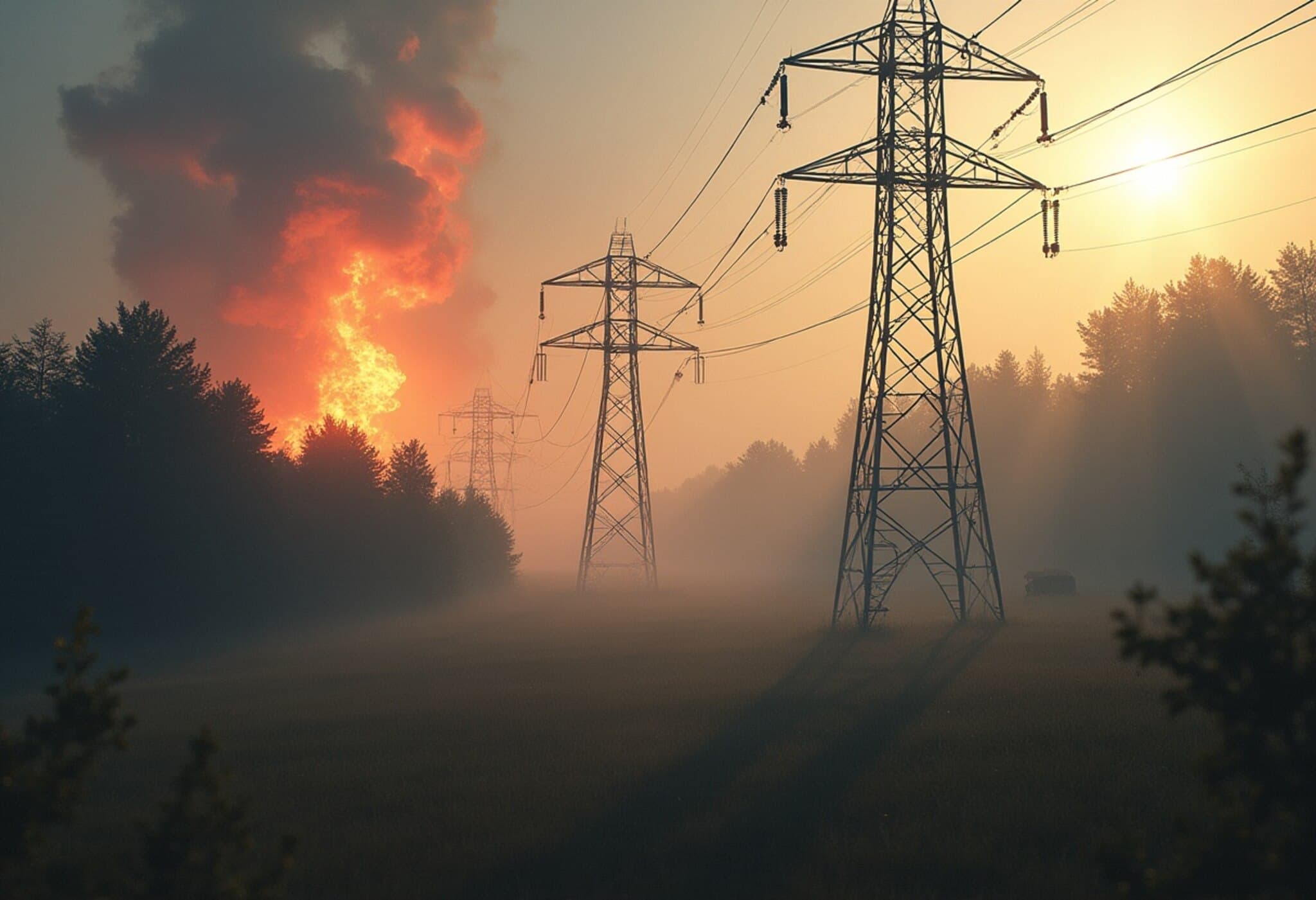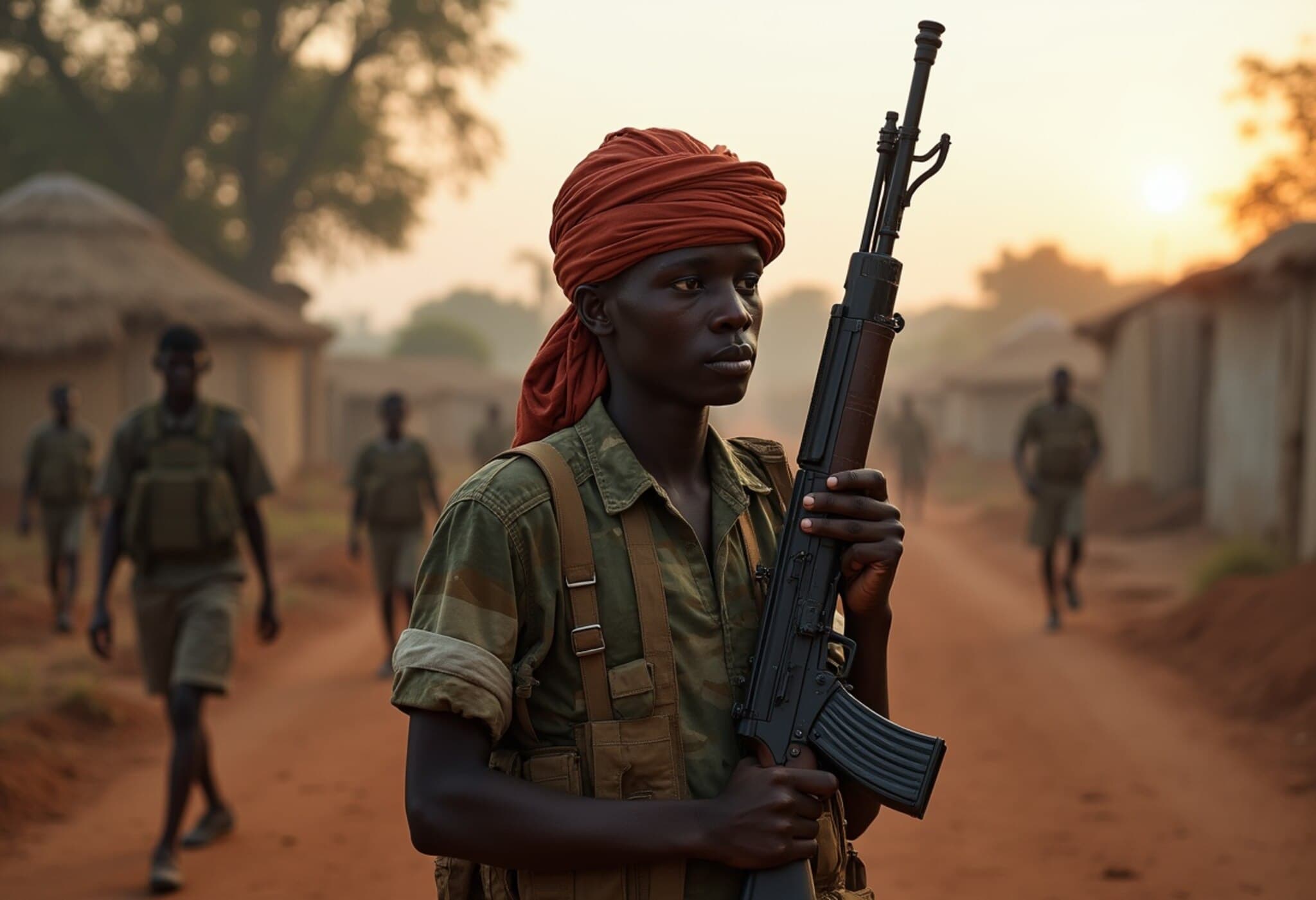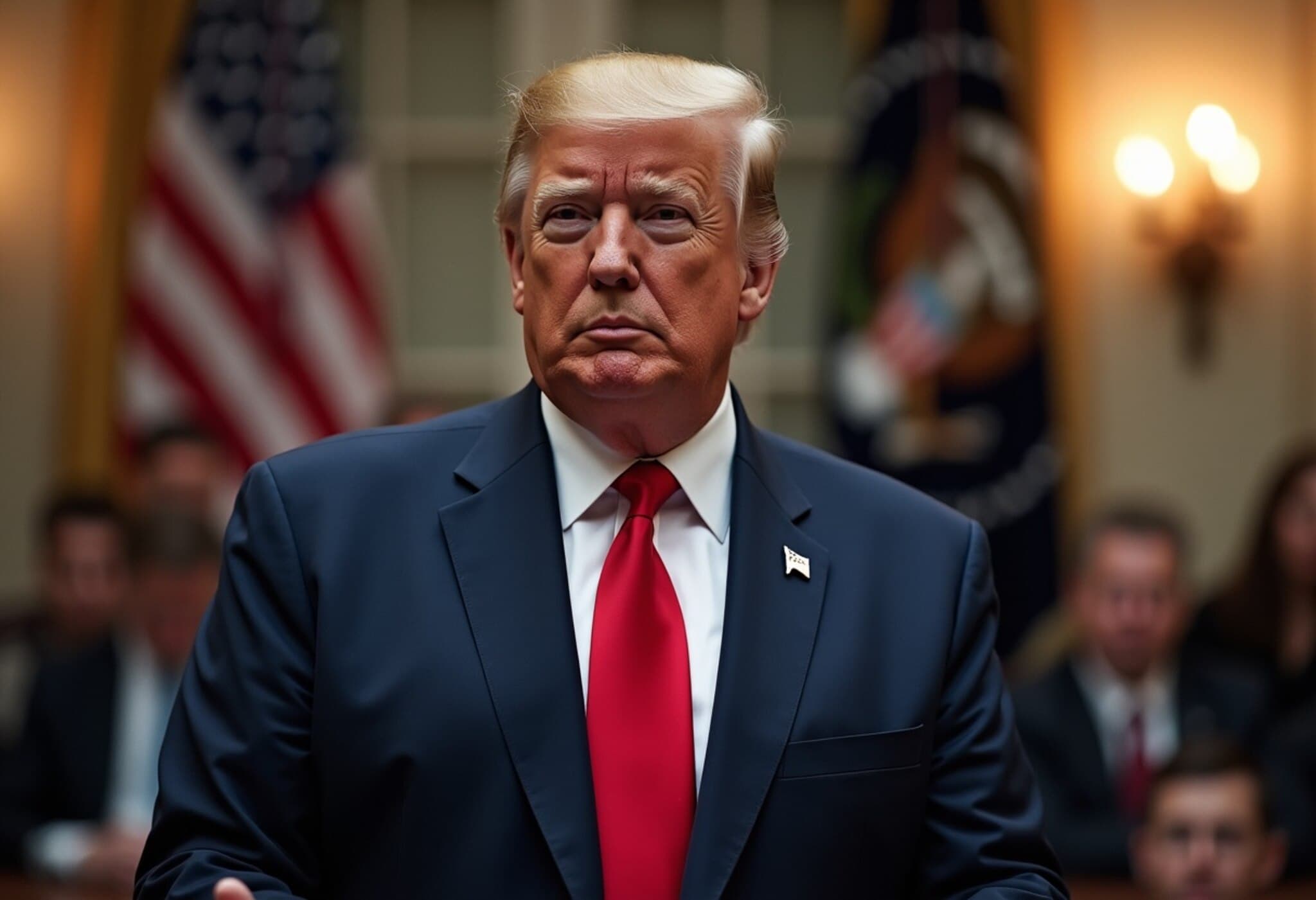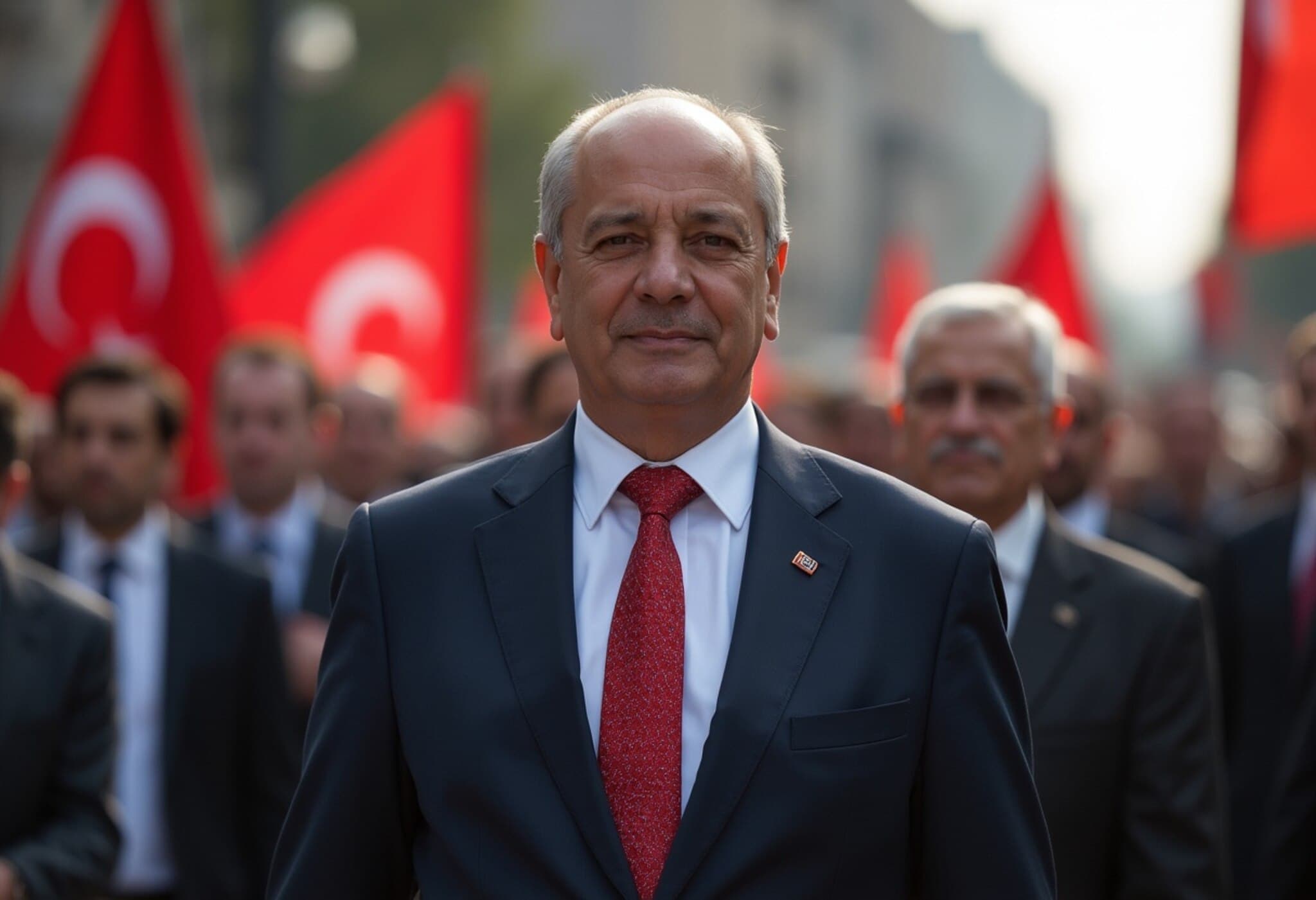Violence Surges in Eastern Congo Despite Active Peace Negotiations
In a deeply troubling development during ongoing peace negotiations, Congolese authorities have reported that rebels supported by Rwanda have killed at least 80 civilians in eastern Democratic Republic of Congo (DRC) in recent weeks. This surge in violence casts a shadow over the Qatar-mediated peace process, which aims to bring lasting stability to one of Africa’s most conflict-ridden regions.
Background: Decades of Conflict and the Rise of M23 Insurgency
Eastern DRC has been a hotspot for armed conflict for decades, fueled by competition over vast mineral resources and regional geopolitical tensions. Earlier this year, the M23 rebel group, allegedly backed by Rwandan forces, seized control of two key cities, escalating violence to new heights. The region remains fragmented, with more than 100 armed factions battling for dominance.
Details of the Recent Atrocities
According to a statement released by the Congolese military on August 8, a massacre occurred on August 4 in the village of Nyaborongo, South Kivu province, where 80 civilians were brutally killed. Additionally, six others—including two minors—were reportedly murdered on July 24 in Lumbishi. The military holds the Rwanda Defense Force (RDF)/M23-AFC coalition responsible for these attacks.
The statement further accuses this coalition of forcibly recruiting youth, including children, into their armed ranks—an alarming continuation of human rights abuses undermining regional security and humanitarian conditions.
Responses and Denials
When pressed for a response, M23 representatives remained silent. Rwanda’s Foreign Minister Olivier J.P. Nduhungirehe dismissed the allegations, referring to them disparagingly as “stupidity coming from DRC.” This tense rhetoric highlights the fragile nature of trust required for peace talks to succeed.
Broader Human Rights Concerns Raised by the UN
These incidents fit into a disturbing pattern documented by the United Nations. Earlier this month, the UN High Commissioner for Human Rights, Volker Türk, revealed that M23 forces killed 319 people in a separate wave of violence in North Kivu’s Rutshuru territory during July — among the deadliest attacks recorded since M23's resurgence in 2022.
Türk emphasized that the violence targeted civilian villages and involved combatants supported by the Rwandan military, deepening fears that regional militarization is exacerbating an already complex crisis.
However, M23 dismissed the UN report as politically motivated and called for an independent investigation, accusing the United Nations of partiality and undermining its credibility. Lawrence Kanyuka, spokesperson for the Congo River Alliance (which includes M23), said, “These allegations constitute a blatant manipulation of the facts.”
The Fragile Road to Peace: Hopes and Obstacles
Amid these grave accusations, there remains cautious optimism. On July 19, conflicting parties signed a Declaration of Principles in Doha, Qatar, committing to cease hostilities and work toward a comprehensive peace agreement. Key to this accord is restoring government authority in eastern cities currently under rebel control and ensuring the safety and return of millions displaced.
- Key hurdle: Guaranteeing civilian protection and end to forced recruitment.
- Deadline: Peace agreement targeted for August 18, though recent violence jeopardizes progress.
- International role: Qatar’s mediation alongside UN involvement remains critical.
Regional and Global Implications
The DRC is vital to global supply chains for minerals like coltan and cobalt, essential for electronics and green technology. Continued instability threatens global markets and economic development in Central Africa. Furthermore, the involvement of neighboring Rwanda complicates diplomatic relations, underscoring the need for transparent, inclusive peace efforts.
Expert Perspective: Navigating Complex Realities
Experts caution that peace in eastern Congo demands addressing root causes including governance deficits, economic inequalities, and cross-border security dynamics. The international community must push for credible investigations and accountability for human rights violations while supporting local reconciliation and economic recovery.
Critical Questions Moving Forward
- Can the Qatar-led talks rebuild trust between deeply mistrustful parties?
- How will the international community balance sovereignty concerns with the need to hold perpetrators accountable?
- What mechanisms will protect vulnerable populations from ongoing abuses?
Editor’s Note
The resurgence of violence in eastern Congo amidst peace negotiations serves as a stark reminder of the fragile and complex nature of conflict resolution in the region. While political agreements are necessary, they are insufficient without genuine commitment to civilian protection and addressing the multifaceted causes of instability. The world must watch closely and support efforts that prioritize human dignity and long-term stability over short-term gains.

